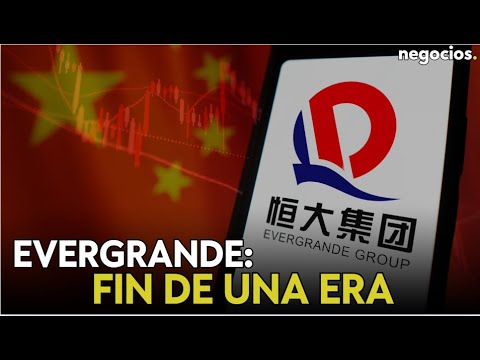
Evergrande, the former second major real estate promoter in China, has confirmed that he will stop quoting on the Hong Kong Stock Exchange from August 25, after receiving the official cancellation notification on August 8. The company, which came to use more than 200,000 people and diversified its business from homes to thematic parks, has become the most indebted company in the world, accumulating more than 300,000 million dollars in liabilities.
The debacle is not recent. For years, Evergrande promoted its expansion with aggressive loans to acquire land and raise projects, promising attractive returns to investors. However, the hardening of Chinese regulations on the indebtedness of promoters cut access to new sources of financing. To this was added the finding of income inflated by tens of billions and the inability to present a viable restructuring plan before the courts.
The last day of contribution will be on August 22, and the company has indicated that the decision will not appeal. Although shares certificates will remain valid, they cannot be negotiated in the market. Beyond the particular case, the coup reaches more than 50 developers who are going through serious financial difficulties, while housing sales and prices even fall into key cities such as Beijing and Shanghai.
The impact also extends to local governments, which depend on the sale of land to finance and now face an income collapse. The case inevitably remembers the fall of Lehman Brothers in 2008: a colossus that grew leverage in the debt and that, when collapsing, drags in its path to banks, investors and the economy itself.
The Evergrande crisis is, ultimately, a symptom of Chinese deceleration. A reminder that growing quickly with too much debt can transform an economic engine into a dangerous brake throughout the country.




